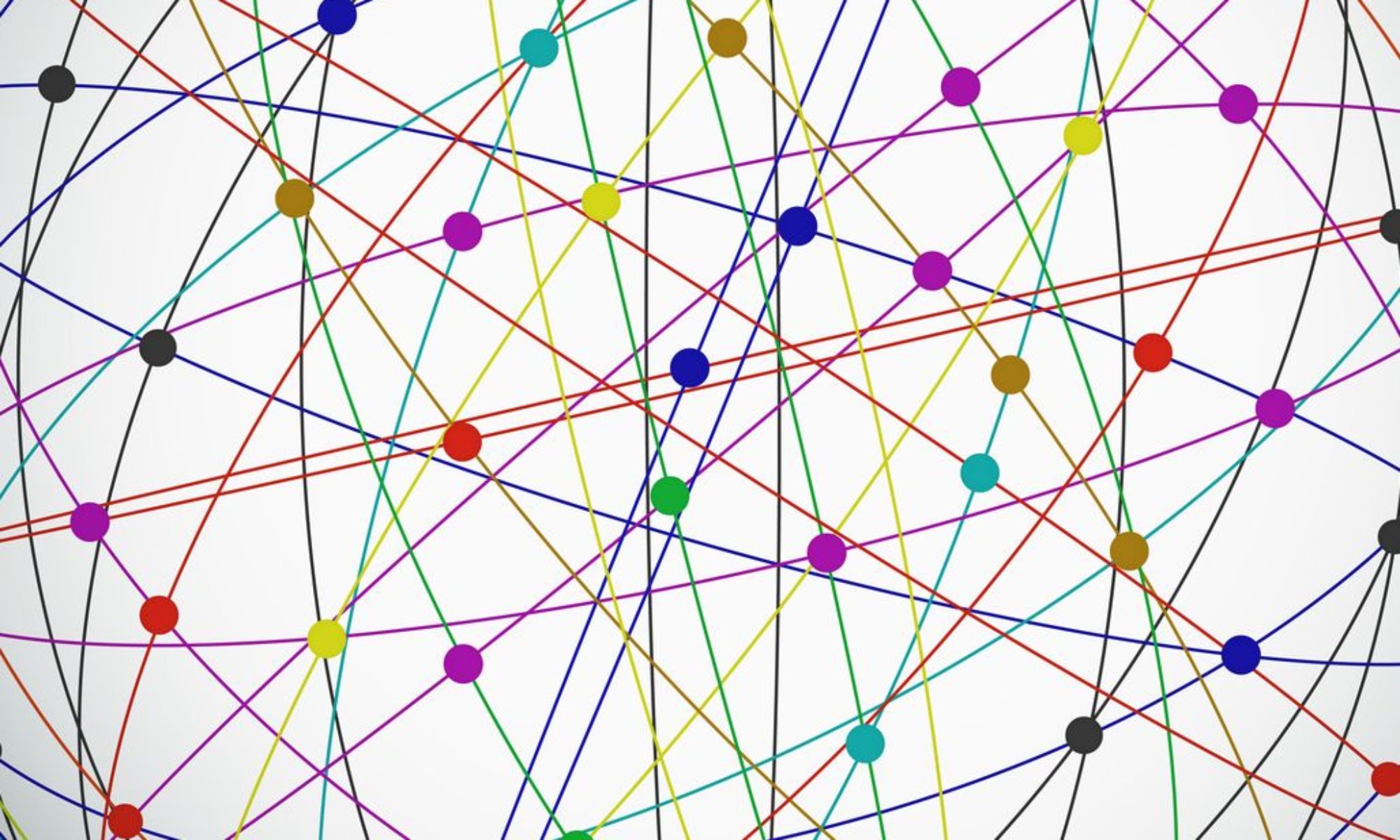Our current systems are based on a hierarchical model, where there is a: boss, mayor, president, leader; one who is ‘in charge’. It used to work to have them be the leaders and make the decisions. But our world is so much more complex now, and you may have noticed, that the hierarchical model just isn’t solving or fixing things anymore. What will work is when we come together to –talk, think, and act! Conversation is our “means for survival.” In this blog series I am laying out a framework to support our ability to have ‘different’ conversations so that we can co-create different results then we have had in the past.
If talking together is what will insure our survival and ability to thrive then each of us; have responsibility and power. We can think about what it is to be ‘citizens’, and I mean this in the broadest sense to include anyone who is a part of the community.
Peter Block, in Community; The Structure of Belonging writes, “A citizen is one who is willing to be accountable for and committed to the well-being of the whole. That whole can be a city block, a community, a nation, the earth. A citizen is one who produces the future, someone who does not wait, beg or dream for the future.” (p. 63) and “Restorative community is created when we allow ourselves to use the language of healing and relatedness and belonging without embarrassment. It recognizes that taking responsibility for one’s own part in creating the present situation is the critical act of courage and engagement, which is the axis around which the future rotates.” (p. 48)
Being a citizen isn’t just about participating. It is in realizing that we must be ‘in’ relationship with everyone in our community. When we are ‘in’ relationship we don’t need to be best friends, but we recognize our interconnection and interdependence. It is in acknowledging that we create powerful results when we work together. Our best decisions are made when we; provide all people with information, contribute our thoughts, listen, are willing to allow divergence, and do what is best for all, not just ourselves.
Yes, being a citizen isn’t an easy thing, as Block reminds us, “The essence of restorative community building is … citizens’ willingness to own up to their contributions, to be humble, to choose accountability, and to have faith in their own capacity to make authentic promises to create the alternative future.” (p. 48) But, perhaps, when all of us have agreed to the ‘context’ of being citizens, then we will be encouraged by each other and it won’t be as difficult. (See my November 17, 2012 post to know more about context.)
Are you ready to try something new? Realize that the communities we want, the organizations we want and the world we want can’t be created by ‘someone else’. That we can all learn to participate as citizens and co-create a world where we can meet the complex and vital challenges we face. Democracy is all about people, because when we come together to talk, and think we can take powerful actions.
I would love to hear stories about how you are witnessing this in your community. There is so much more being done to ‘engage’ citizens. What do you see happening? What do you wish could happen? How are you being a citizen?
